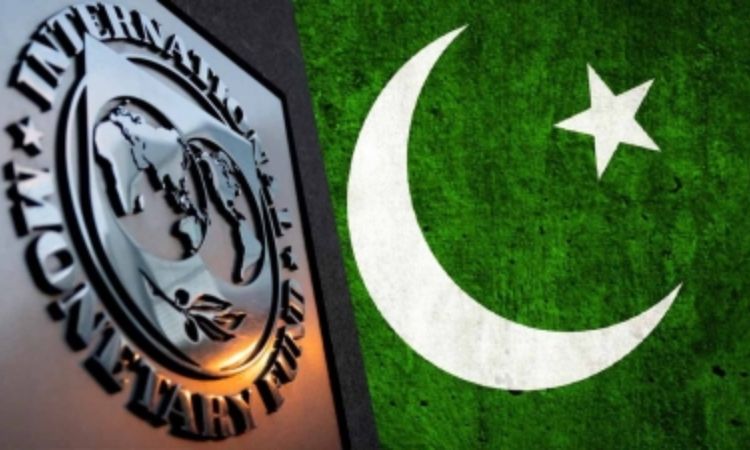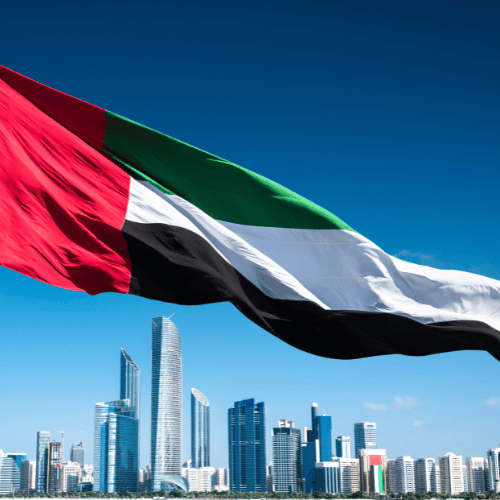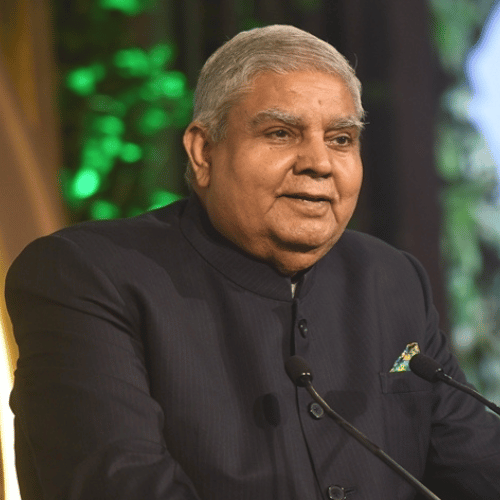The International Monetary Fund (IMF) and Pakistan have reached a staff-level agreement for the provision of $3 billion in bailout funds under a Stand-By Arrangement (SBA). This agreement comes as an alternative to Pakistan’s Extended Fund Facility (EFF) program, which was initiated in 2019 and is set to expire soon. The IMF board is set to convene in mid-July to approve the staff-level agreement. Here are key facts about the agreement, outlining the challenging reforms, additional funding, and the importance of staying the course.

Image@credit- OrissaPOST
Challenging Reforms
Power Sector Reforms: The IMF (International Monetary Fund) has emphasized the need for a “timely” rebasing of tariffs in Pakistan’s power sector to ensure cost recovery. This implies hiking prices for consumers despite already record-high inflation, which is a sensitive issue, particularly in an election year.
Withdrawal of Import Restrictions: Pakistan’s central bank has been advised to remove import restrictions aimed at controlling external payments, which had previously hindered economic growth. The foreign exchange reserves currently stand at a meager $3.5 billion, barely sufficient to cover a month’s worth of controlled imports.
Market-Determined Exchange Rate: The country has been urged to commit fully to a market-determined exchange rate and eliminate multiple exchange rate practices in different markets. This comes amid a record depreciation of the Pakistani rupee in recent weeks.
Proactive Measures to Reduce Inflation: The central bank has been called upon to adopt a proactive stance in reducing inflation. Previously, the bank paused its rate hike process but later implemented a 100 basis point hike, taking the policy rate to 22% as per the IMF’s demand.
State-Owned Enterprises (SOEs) Governance: Losses incurred by state-owned enterprises have put a strain on government finances. Therefore, the IMF emphasizes the need for stronger governance in these entities. The government has budgeted only a meager amount from the stalled privatization process to address this issue.
Additional Funding
Multilateral and Bilateral Financial Support: Despite the substantial IMF bailout, Pakistan is encouraged to continue mobilizing multilateral and bilateral financial support. Pledges of $3 billion from Saudi Arabia and the United Arab Emirates are expected to materialize, along with crucial debt rollovers from China, the country’s largest creditor.
International Donor Conference Pledges: Ensuring the materialization and building of a spending framework for earlier pledges made during an international donor conference is essential. Over $9 billion in climate-related pledges were promised to help Pakistan recover from devastating floods in 2022.
Financial Obligations for 2024: Pakistan requires $22 billion to fund its external payment obligations, including international debt servicing, in the financial year 2024, spanning from July 1, 2023, to June 30, 2024.
Staying the Course
Execution of Revised Annual Budget: The IMF stresses the importance of executing the revised annual budget as planned and resisting pressures for unbudgeted spending or tax exemptions in the future.
Critical Implementation of the Programme: The full and timely implementation of the program is deemed critical for its success, given the challenging economic circumstances Pakistan currently faces, including high inflation, a significant fiscal deficit, and low reserves.
Steadfast Policy Implementation: The IMF calls on Pakistan to adhere to steadfast policy implementation and exercise fiscal discipline to overcome the current economic challenges effectively.
Conclusion
The staff-level agreement between the IMF and Pakistan for a $3 billion bailout under an SBA represents an important step towards addressing Pakistan’s economic difficulties. However, the country still faces significant challenges and must undertake difficult reforms, mobilize additional financial support, and implement the agreed-upon program with discipline. By doing so, Pakistan can strive towards achieving stability and economic growth in the face of pressing circumstances.















